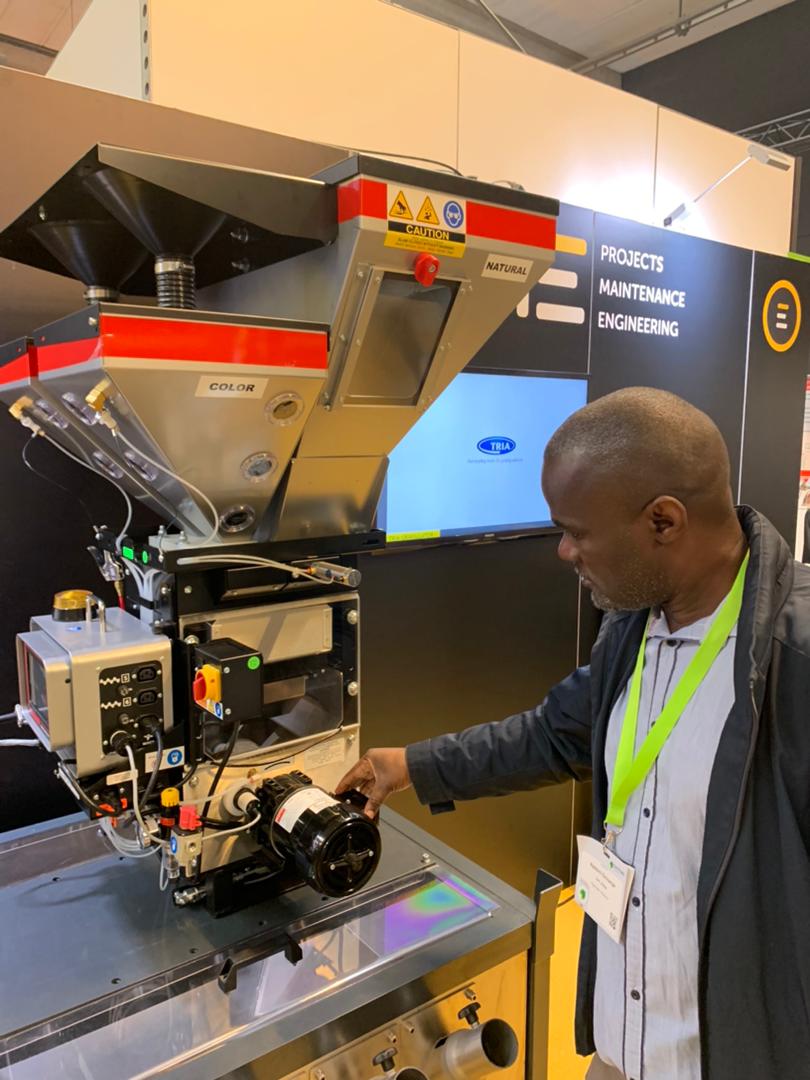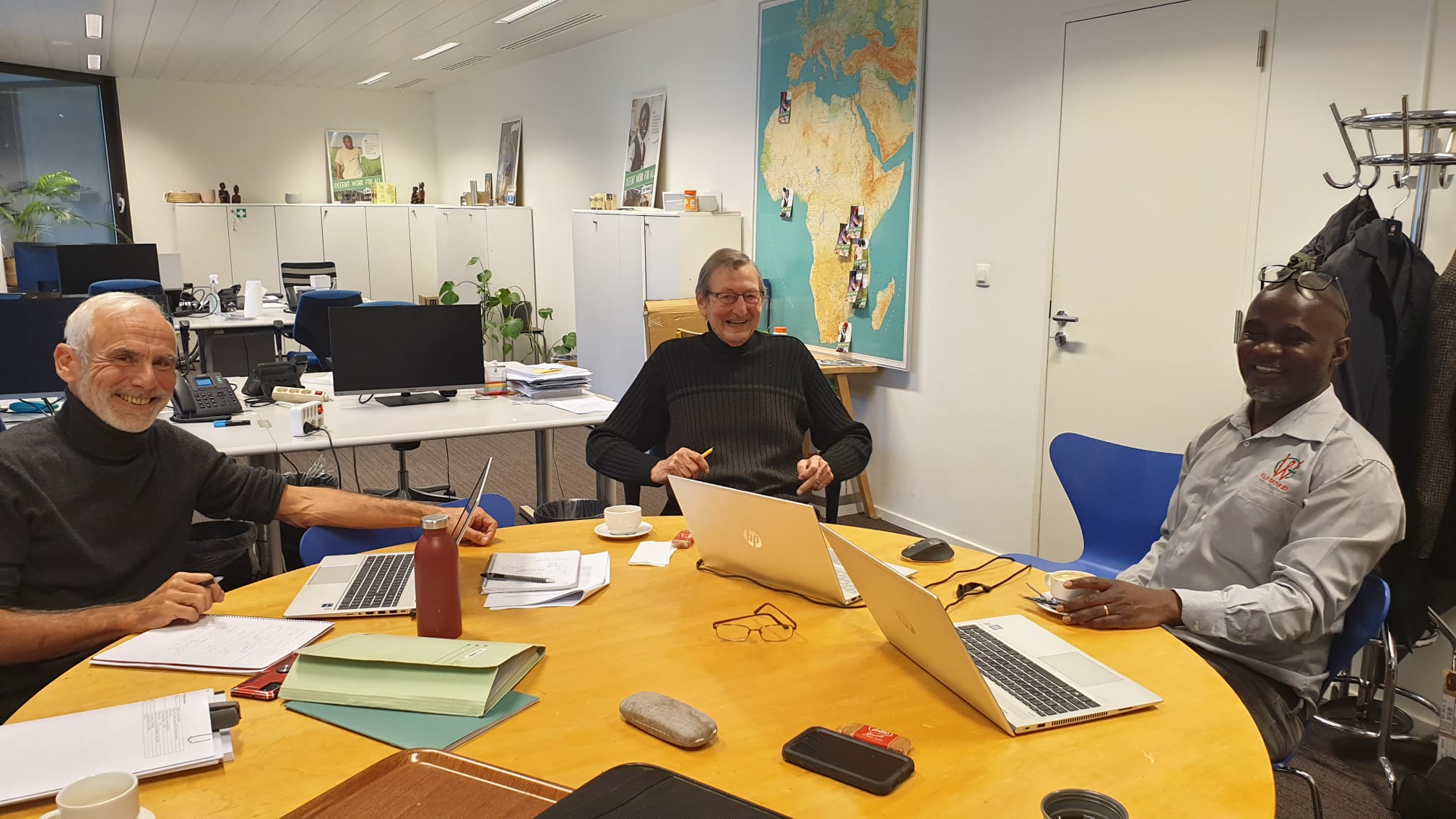
High quality grain
A textbook example of North-South cooperation
Founded in 2014, Rabboni Group Limited is a transport, distribution, trading and processing company of dry agricultural commodities. Their focus is on maize and derived products, in which they handle the entire supply chain from producer to consumer. A formula that works, but was ready to scale up: Rabboni wants to increase their grain processing and storage capacity from 4,000 to 20,000 tonnes as soon as possible, an ambitious goal that requires careful preparation.
So, although Rabboni was already making great strides in homeland Uganda, they were looking for expertise regarding the qualitative and quantitative growth of their operations. By 2022, the time had come and Exchange partnered with Rabboni to address three needs: branding, marketing and quality control. After a feasibility study in February 2022, it became clear that branding and marketing were not a main focus, and Rabboni's needs shifted to two elements: reviewing operational practices, corporate culture and quality control, with the aim of achieving ISO 9001 & 22000 certification (quality), and building a new process plant, including silos capable of accommodating increased grain production (quantity).
Quality control
To get quality control (QA) on point within Rabboni, a number of grain company employees attended training sessions around quality and certification. Based on the training, structural changes were implemented in the company: not only were processes optimised, Rabboni even decided to rebuild their facilities from scratch, fully compliant with professional quality standards.
Those quality standards are essential for scaling up their production. The natural toxin Aflatoxin is common and very dangerous for grain production; if the grain is treated poorly, it can lead to contaminated products and carcinogens. This quality control naturally starts with the farmer himself, but it is essential for Rabboni to have its own plant to check the grain samples; that is why the company built its own laboratory, which is up to date with contemporary quality standards thanks in part to quality training.

Factory expansion
With the help of coach Wim de Deken, contact was made with Belgium's Meyland, which could supply four silos to Rabboni's specifications. A commercial proposal was made, but the investment was too expensive for the grain processing company for the time being. At Meyland's invitation and supported by Exchange, CEO Daniel Joloba came to Belgium for a week to meet some investors and visit the Bulk Solids Expo in Antwerp.


The purpose of the visit? To find alternative funding for silo installation and convince investors, both at the hardware and sales level, to invest in Rabboni. Traditional financing in Uganda is feasible, but would be a process of at least 25 years; time that Rabboni does not have if they want to scale up their production to such an extent. Local grain farmers have to be paid cash and grain cannot be sold immediately; so Rabboni needs enough funds to buy grain and store it long enough - without letting it degenerate - before it can be profitable.
An ambitious goal, then, but not unachievable. With the right funding, Rabboni can install the necessary technology to scale up their production at lightning speed. A win-win situation: not only will Rabboni be less dependent on third parties and be able to become a major player within Uganda themselves, the family income of local farmers will also increase. Combine this with the exchange of expertise, training and funding from Europe, and you have the perfect example of a sustainable North-South collaboration.
